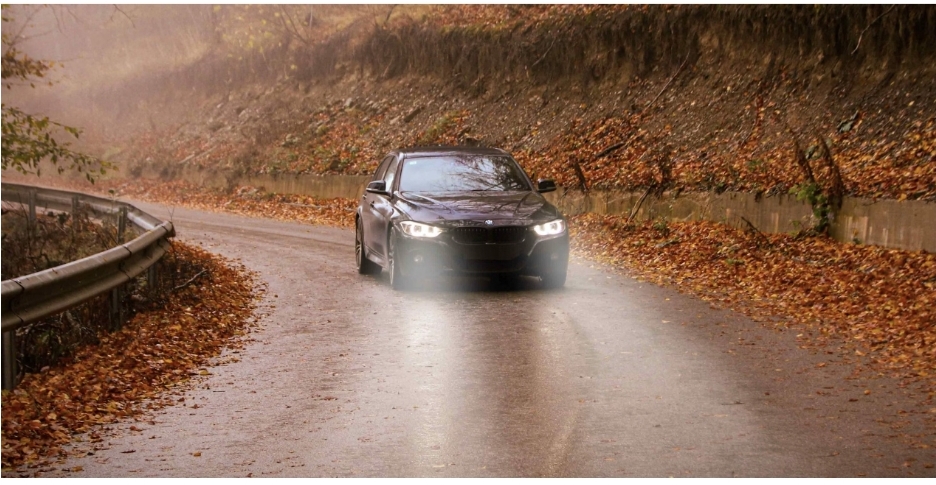Autumn: moisture damage in BMW electronics
Autumn is a time when the weather becomes not only colder but also humid. For this reason, BMW owners must be cautious about the effect of moisture on the cars’ electronics. Despite BMW being one of the brands that boast of technological advancement and high-quality engineering, some electronic parts are likely to be affected by moisture, especially during the autumn season. Today, the experts from LLLParts will explain the most sensitive parts of the BMW electronics, the problems associated with the presence of moisture, and how to avoid these problems.
Electronics in BMW Cars that get damaged by moisture
BMW cars have numerous advanced electronic subsystems used in the vehicle, many of which are vital for the car’s performance and safety. Nevertheless, some parts are vulnerable to the presence of moisture. The headlights, the open wires, and the Engine Control Unit (ECU) are usually the most affected. The ECU is the heart of the car and regulates all the functions, from the engine’s fuel injection to the car’s emissions. Meanwhile, headlights are crucial for visibility and safety, particularly during foggy autumn mornings and evenings. Less visible than the latter, open wires are also essential to the effective operation of the car’s electrical architecture, as they link different parts and make them cooperate.
Headlights: The Worst Hit by Moisture
This is especially the case with headlights, which are often the easiest to notice when they are affected by moisture during the autumn season. Owing to the existence of some areas that are not fully sealed, there is a possibility of the development of condensation or dew within the headlights’ lens. This fogging is more than just an aesthetic problem. It can hugely affect the functionality of the headlights, thus affecting visibility and, subsequently, road safety. If not fixed, the moisture will cause deterioration of the internal BMW parts of the headlights, making the situation worse. LLLParts specialists say that if you notice that fogging of your headlights is taking place, you should take your car to the shop for repairs. Expert mechanics can reseal the headlights, thus preventing water from getting in and damaging them. They can also ensure the lights are working as they should.

Open Wires: Susceptibility to Rancidity
Another area of your BMW that can be affected by moisture is the open wiring system of your car—in the autumn, humidity increases, making these wires more vulnerable to oxidation. When the protective insulation on these wires is worn out, or the cables are worn out through use, moisture gets into the system and causes oxidation. This oxidation can break the electrical flow and lead to malfunctioning circuits or total circuit breakdown. Such problems can be complex to identify because they cause sporadic electrical issues. Frequent checks and inspections are needed to avoid moisture-causing damage to the open wires.
Engine Control Unit (ECU): The Expensive Result of Water Damage
One of your BMW’s most important electronic components is the Engine Control Unit (ECU); it may well be the most important one. This system controls several operations in the car. However, it is also susceptible to moisture, which is not good. Contaminated or old insulation of the ECU can cause moisture accumulation, which may fail the entire ECU. Due to the ECU’s role, a failure leads to rather costly repairs, as the whole unit has to be replaced in most cases.







